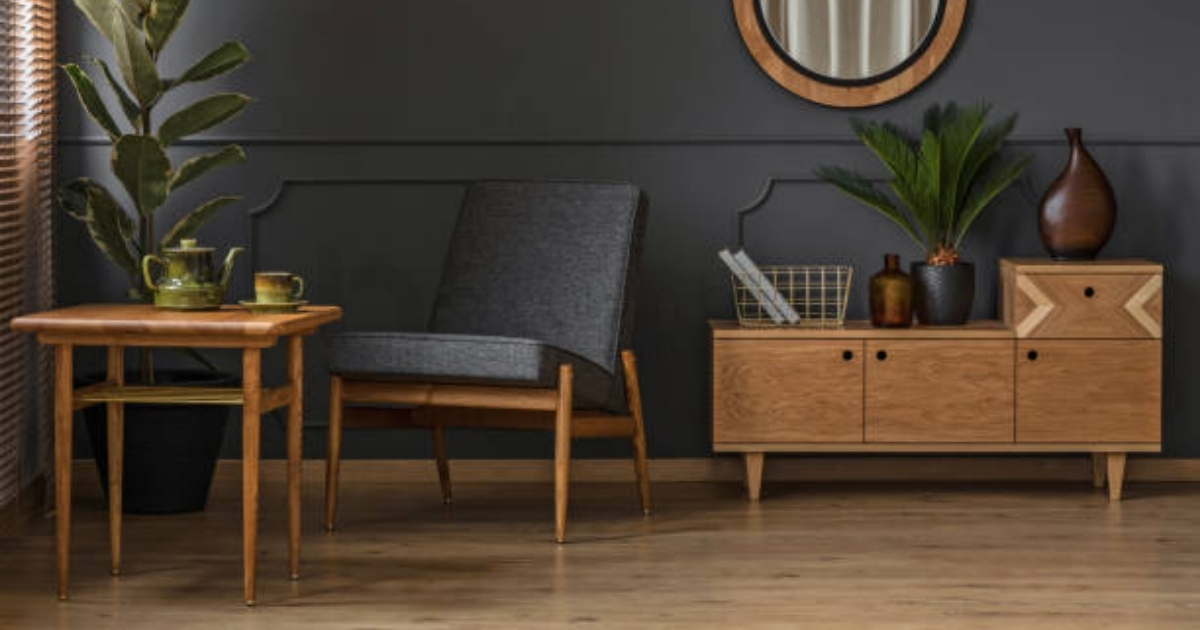Outdoor Furniture Tips
Do You Really Need Outdoor Furniture Covers in Dubai? We Explain.
Dubai’s Climate: The Risks Outdoor Furniture Faces
To understand whether covers are necessary, it helps to know what your furniture is exposed to in Dubai:
- Strong sun / intense UV radiation almost year-round. UV damages fabrics (fading, weakening fibres), wood (drying, cracking, warping), plastics (brittleness, discolouration), finishes, and paints.
- Extreme heat during summer, with large daily temperature swings. Metals get very hot, finishes degrade faster.
- Dust, sand, and frequent sandstorms. These blow fine particles that settle on surfaces, get into joints and cushions can cause scratches, abrasion, and wear.
- Humidity and occasional rain, especially during certain months or near the coast. Moisture can lead to mold, mildew, rust, or swelling/warping of wood if not protected.
Given that, outdoor furniture in Dubai is under constant stress from the environment. Without protection, lifespan and appearance degrade much faster.
Do You Need Covers? (Yes, But With Conditions)
Short answer: Yes for most outdoor furniture in Dubai, covers are strongly recommended. But whether you must always use them depends on these variables:
| Factor | If in your favour → less frequent or lighter covering needed | If against you → need strong, regular protection |
| Material type (metal, plastic, aluminum, teak, synthetic rattan, etc.) | Materials already weather-resistant, treated, or high quality are more robust | Untreated wood, soft wood, fabrics with weak UV resistance degrade faster |
| Exposure level | Furniture under shade, pergola, indoors part of time gets less exposure | Full sun, open terraces, sea spray exposure, wind-blown sand increase risk |
| Usage frequency | If furniture is used often and cleaned / maintained, wear visible → but damage accrues anyway | If used rarely, likely to sit exposed → more damage over idle periods |
| Quality of finishes & maintenance | Good UV coatings, waterproofing, etc. helps resist damage | Poor quality finishes or missing protective layers → need more cover protection |
So covers are not just “nice to have” they are a part of preserving your investment, especially for pieces exposed to weather and sun.
What Should a Good Outdoor Furniture Cover Include (for Dubai Conditions)
If you decide to use covers and you should here are what features matter to make them effective in Dubai:
- UV resistance
- Fabrics like solution-dyed acrylic, polyester, or other UV-stable synthetics.
- Avoid cheap plastics that degrade quickly under sun.
- Water / moisture resistance, but with breathability
- Covers should repel water (for rain or humidity), yet allow airflow so moisture underneath doesn’t condense and cause mildew or mould.
- Venting or breathable panels are ideal.
- Dust and sand proofing
- Tight weave fabric, secure seals or hems that prevent sand from getting under the cover.
- Secure fit / closures
- Elastic hems, drawstrings, straps or buckles so cover doesn’t blow away in wind.
- Durable construction
- Strong stitching, reinforced seams.
- Material thickness (often indicated by denier e.g. 600 D etc.).
- Easy to clean & store
- Covers themselves will get dusty; being able to wash or hose them off helps.
- If you can remove them when furniture is in use and store neatly, better longevity.
When Covers Might Not Be Enough / Other Protection Needed
Even with covers, certain situations or components will still need extra protection:
- Cushions & upholstery: These often suffer from moisture, mildew, fading; even if the frame is covered, cushions may not be fully protected unless stored or covered separately.
- Wood pieces: Wood expands and contracts; treated woods fare better but untreated or soft woods will need periodic sealing/oiling and good covers.
- Metal: Even metals resist rust better with powder coats or marine grade finishes; covers help minimize exposure.
- Non-use periods: If furniture won’t be used for long (e.g. extreme summer heat or sandstorm season), better to store indoors or under more permanent shelter (if possible).
Pros & Cons of Covers
| Pros | Cons / Drawbacks |
| Greatly extends life of furniture (frames, fabrics, finishes) | Cost of good quality cover can be significant |
| Keeps furniture cleaner, reduces maintenance & cleaning frequency | Covers themselves need care; dirt accumulation on covers can cause damage underneath if left too long |
| Protects colour, prevents fading & warping | If poor covers are used (non-breathable, fit poorly), might trap moisture → mildew or rust problems |
| Shield from unexpected rain, sandstorm damage | Covers can be bulky or ugly; aesthetic impact; may be cumbersome to put on/off frequently |
Practical Recommendations for Dubai Homeowners
Here are actionable tips if you want your outdoor furniture to last, with or without covers:
- Buy with durability in mind
- When purchasing furniture, check finishes, materials, design for weather resistance.
- Prioritize powder-coated metals, treated teak or durable synthetics.
- Have a shade / shelter
- Position furniture under pergolas, awnings, overhangs where possible.
- Shade reduces UV exposure and heat load.
- Use covers when not in use
- Especially during intense sun, sandstorms, rain. Cover frames + cushions.
- Even short periods matter sun exposure is cumulative.
- Store cushions / fabrics
- Bring cushions indoors or into storage boxes when not in use. Moisture + sun degrade fabrics faster.
- Clean regularly
- After storms, or every few weeks, brush off dust and sand. Wash off salt if near coast. Let furniture dry completely before re-covering.
- Inspect & maintain finishes
- Re-apply sealants, UV finishes, oil; touch up paint or powder coat if chipped.
Conclusion
Yes you really do need outdoor furniture covers in Dubai, unless your furniture is permanently sheltered and built from the highest quality weather-proof materials and even then it helps. Covers are one of the most cost-effective ways to protect your investment, preserve beauty, reduce maintenance, and avoid early wear, fading, or damage from dust, sand, UV, moisture.


